Get-Out-of-Lease-Free Card?
Q: I have been a tenant in a rental home for the last few years. A few months ago I signed a new 12-month lease but I just bought a new home and will be moving in next week.
 A: In most residential leases, there are no provisions for the tenant to unilaterally break or terminate the lease because he or she purchased a home.
A: In most residential leases, there are no provisions for the tenant to unilaterally break or terminate the lease because he or she purchased a home.
This “lease termination” clause can be specifically and narrowly written to be only for certain predetermined reasons like a home purchase, a job transfer, or it can simply allow the tenant to leave without stating a reason. In today’s weak rental market for most areas, landlords are willing to agree to a lease termination clause that would allow you to break the lease under mutually agreed upon terms such as a flat dollar amount or a penalty of one or two months’ rent.
Unfortunately, you did not plan ahead and now are expecting the landlord to absorb the loss of income on your rental home. You should have considered the fact that you would be obligated for another eight months on your current lease before purchasing the home. It may have been helpful to contact your landlord in advance when you first began to look at a purchase option.
Even though there is a lease and the landlord is not obligated to any changes in the terms, you may have been able to work together to start marketing the rental home while you are still there and possibly limit your liability if the landlord is able to re-lease the property before your lease expires in eight months. However, at this point, you should still contact your landlord immediately and explain the situation and see if he will agree to take a set amount of money if you agree to vacate this weekend and leave the property in excellent condition so he can have it back on the market immediately.
This column on issues confronting tenants and landlords is written by property manager Robert Griswold, author of “Property Management for Dummies” and “Property Management Kit for Dummies” and co-author of “Real Estate Investing for Dummies.” E-mail your questions to Rental Q&A at [email protected]. Questions should be brief and cannot be answered individually.
To subscribe to our blog, click here.


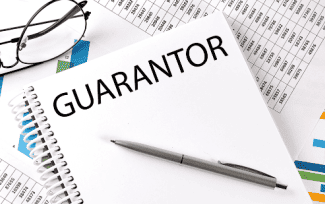
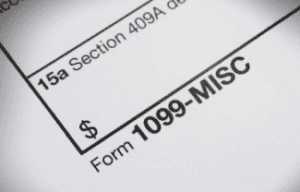
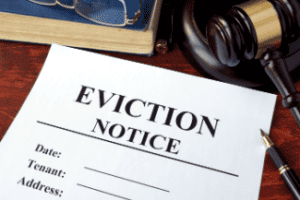
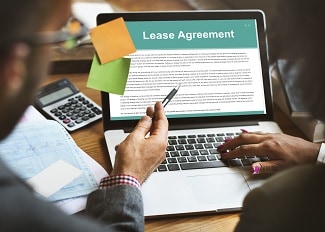
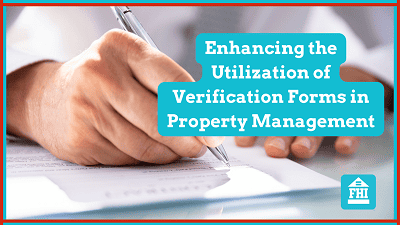
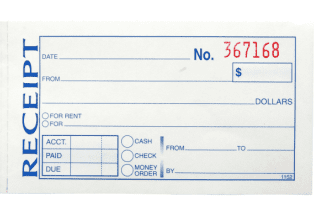







 Accessibility
Accessibility